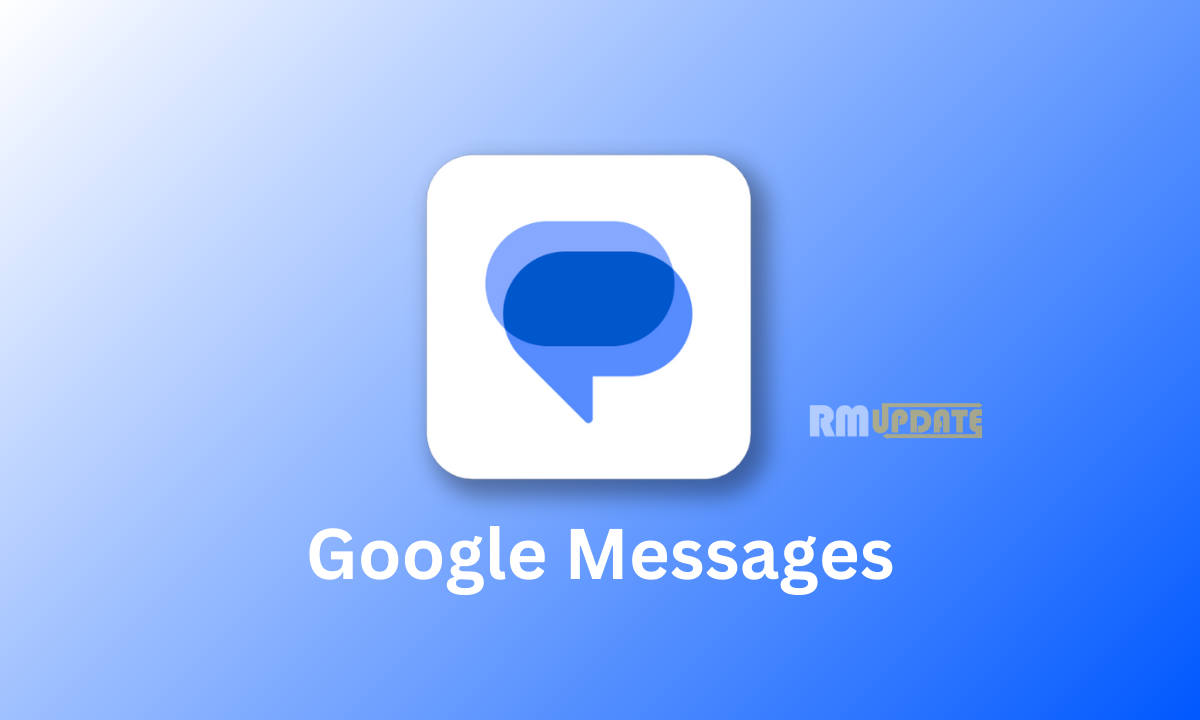Android
A new feature of Android 13 will let users throttle their internet speed artificially

It is essential that Android apps perform properly across a broad range of screen sizes, chipset kinds, mobile networks, and so on. Testing on lower network speeds is especially crucial because not everyone has gigabit internet or limitless 5G data connections.
But artificially throttling internet speed on Android has always been challenging, fortunately, Android 13 may eventually fix that.
ALSO READ: EU’s latest press release asks top social messaging apps to provide interoperability
The internet speed can now be artificially controlled with the upcoming feature of Android 13
According to a blog post by Esper, Google is working on a new feature for the future Android 13 version that would allow any network connection to be throttled. Although the feature isn’t currently operational, code from the Android Open Source Project (AOSP) implies that you’ll be able to configure network speeds in bytes per second.
The only drawback is that this functionality needs kernel-level support, and because most devices do not receive kernel upgrades after they are launched, many older phones and tablets are unlikely to support network throttling. Certain configuration parameters, such as CONFIG NET SCHED, must also be enabled while building the kernel.
Join RM Update on Telegram to get more content like this!
Although the Android Studio Emulator can currently function with a throttled network connection, there has never been a simple method to test slower network connections with a real physical device. Microwave ovens (when not in use) or faraday cages have been used by certain developers to attenuate wireless signals to a device for testing.
Google Chrome now enables throttling network connections, which may be useful for evaluating how webpages or web apps function on sluggish networks. This option is also accessible in all Chromium-based web browsers. For a long time, Apple’s iOS and iPadOS have supported network throttling under the developer settings, but accessing that menu requires using the Xcode development studio on a Mac.
Runtime permissions for app alerts, enhanced Japanese text wrapping, a new Text Conversion API for languages like Japanese, COLR font, MIDI 2.0, Bluetooth LE Audio, and other modifications are also included in Android 13 Developer Preview 2.

“If you like this article follow us on Google News, Facebook, Telegram, and Twitter. We will keep bringing you such articles.”








